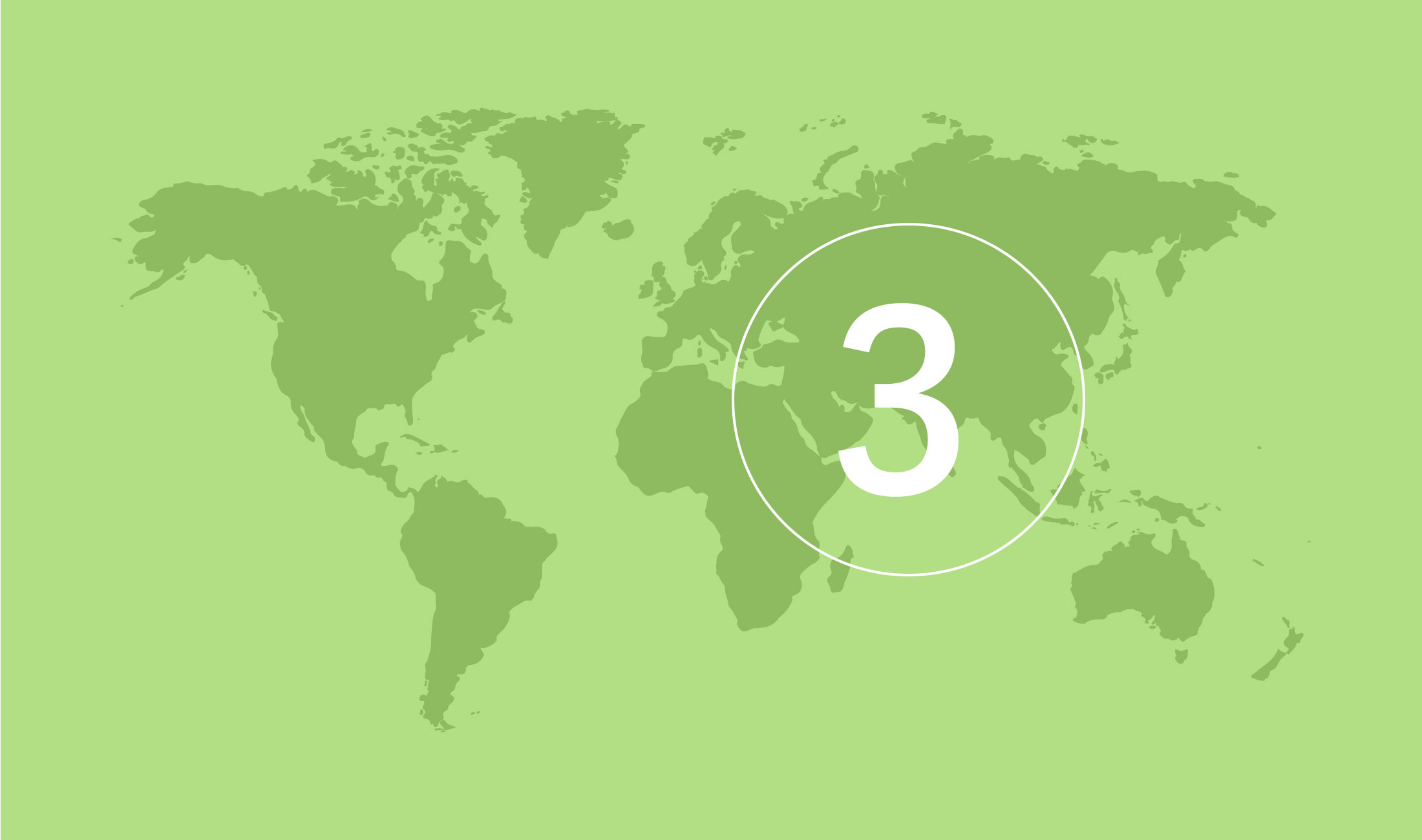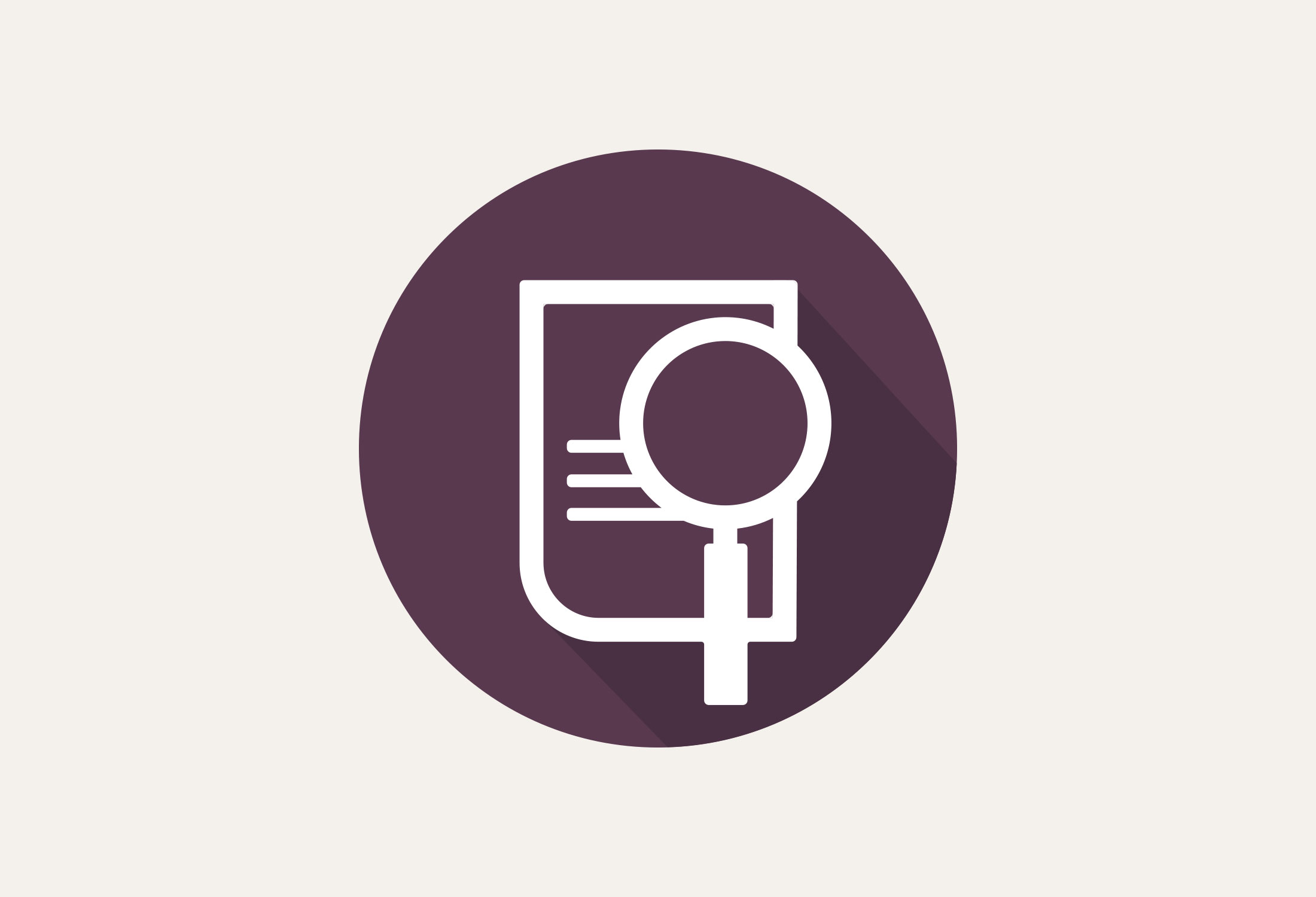
Mauritius
Category
3
- 0
- 1
- 2
- 3
- 4
- 5
- 6
- 7
| Risk type | Short | Long |
|---|---|---|
| Sovereign |

|

|
| Public |

|

|
| Bank |

|

|
| Corporate |

|

|
The icons indicate EKN's risk assessment.

No policy established

Normal risk assessment

Restrictive risk assessment

Normally off cover

OECD or EU countries
Country risk analysis
Country Risk Analysis of Mauritius
The latest Country Risk Analysis of Mauritius was issued in June 2024.
Overall risk profile
Mauritius is classified as an upper-middle-income country by the World Bank and is thus one of Africa’s wealthiest nations. Average annual economic growth during the period 2010–2019 was 3.75 per cent, meaning that the country was well on the way to being classified as high-income before the outbreak of the pandemic. High earnings from tourism and significant capital inflow are driving growth and contributing to good external liquidity. With population growth close to zero, income levels have risen at close to real GDP growth.
In the World Bank’s World Governance Indicators (WGIs), the country’s institutions are ranked in the top 25 per cent globally. It is one of the few African nations with a strong democratic tradition. In terms of access to political rights and civil liberties, the independent American research institute Freedom House classes Mauritius as “free”, regularly giving the country the highest score on the African continent (85/100 in 2023, compared to Sweden’s 99/100). Since 2017, the country has been led by Prime Minister Pravind Jugnauth of the Militant Socialist Movement (MSM), a centre-left party with a primarily Hindu base. The Jugnauth and Ramgoolam dynasties have dominated Mauritian politics since independence in 1968, with power alternating between their respective parties.
One of the country’s main weaknesses is the dominance of tourism and the financial sectorin the economy, which is among the smallest in the world and relatively open. As a result, fluctuations in the global economy quickly have repercussions for the domestic economy. In 2020, for example, income from tourism plummeted by almost 75 per cent at the same time as both direct and portfolio foreign investment fell sharply. GDP fell by 15 per cent and the following two years saw current account deficits of 13 per cent and 12 per cent, respectively. Including indirect effects, the tourist industry accounts for 25 per cent of GDP, with most tourists coming from France and the United Kingdom. The banking sector is large relative to the size of the economy, at close to 400 per cent of GDP. As such, the banking system and the economy are sensitive to changes in global financial flows; a systemic crisis in the banking sector can quickly spawn a sovereign crisis.
Approximately one third of deposits into the banking system come from Global Business Corporations (GBCs). While this is an important source of hard currency, it also poses a liquidity risk for domestic banks. Government finances are also weak for a nation in country risk category 3, with high public debt and high interest payments in relation to government revenue. The budget deficit rose to just over 10 per cent in 2020, and the public debt to close to 100 per cent of GDP. The country is also exposed to significant climate-related risks. Cyclones, floods and rising sea levels pose specific risks to agriculture, particularly sugar cane cultivation and tourism. The country’s coral reefs – an important tourist attraction – are threatened by rising sea temperatures and sea levels.
Tourists have returned
The post-pandemic return of foreign direct investment and increased tourism revenues means that the economic recovery will continue. The economy is expected to grow by an average of around 4 per cent annually during the period 2024–2026, a slight improvement on the five-year period before the pandemic. Inflation is expected to gradually decline to between 3 and 4 per cent in 2024–2026, although relatively high food and energy prices will continue to exert high inflationary pressure.
To a large extent, the Mauritian economy is import-dependent, with fossil fuel and food accounting for around 40 per cent of imports in 2023. As such, a significant part of inflation is imported. The current account deficit is in a downward trend thanks to returning export earnings and declining import expenditure, a state of affairs that is expected to continue in the coming years. According to Statistics Mauritius, tourism is a strong contributory factor; in 2023, the average occupancy rate for hotel rooms had virtually recovered to the pre-pandemic level.
Vital foreign direct investment has also recovered and now equates to 20 per cent of GDP, although this is still significantly lower than the five-year period before the pandemic. The Mauritian rupee is a free-floating currency, and the exchange rate has remained relatively stable, even during the crises of recent years. International reserves are at a very healthy level, covering almost 10 months of imports.
With regard to public finances, while the debt-to-GDP ratio has begun to decline, it is still over 80 per cent, a high level for a nation in country risk category 3. Likewise, at around 10 per cent, interest costs are also high in relation to budget revenue for country risk category 3. The main cause is high interest rates on domestic loans, which account for 80 per cent of loan stock. External loans are mainly concessional. In the current budget, the government has increased investment in preventive measures related to climate change, such as landslide prevention, protecting beaches and desalination plants to secure fresh water supplies.
EKN:s assessment is that these expenses will continue to rise in the coming years as, for example, cyclones become more powerful and more common. Mauritius and the United Arab Emirates concluded a Comprehensive Economic Partnership Agreement in 2023 with a focus on trade, investment and private-sector collaboration. The agreement reflects the increased interest in Africa from the Middle East, and is a sign that Mauritius is continuing to position itself as a business-friendly African hub. Many companies choose to establish in Mauritius due to tax incentives and opportunities to do long-term business in, for example, countries in eastern and southern Africa where transfer risks are significantly higher.
This has a stabilising effect on the flow of international capital and reduces the risk of capital flight in the event of an economic crisis, as proved to be the case during the pandemic. Most observers seem to agree that the presidential election in November 2024 will not bring about any significant change in terms of political stability and the country’s democratic tradition and business-friendly attitude. Jugnauth and the MSM appear to have a good chance of reelection, in which case policy continuity seems assured.
Business environment
The Mauritian business environment is among the strongest in Africa. The economy is open, and policies are generally business friendly. At present, there are 45 active double taxation avoidance agreements and over 12,000 Global Business Corporations on the island. While Europe and the United States are the primary focus for trade and investment, strategic alliances are also being formed with China, India, South Africa and Kenya. Mauritius depends on positioning itself as an attractive location for doing business and international transactions, hence the likelihood that the business environment will remain attractive in the long term from an African perspective.
The country’s rank in the WGIs remains stable, meaning that Mauritian institutions continue to be ranked closer to Sweden’s than the average for sub-Saharan Africa. Only minor changes have occurred over the last decade in the WGIs Government Effectiveness and Rule of Law, while there has been a slight positive trend in Regulatory Quality. Corruption is a problem, and Mauritius has a relatively low rank of 55 out of 180 countries in Transparency International’s Corruption Perception Index.
That said, on the African continent only Seychelles (20th), Cape Verde (30th), Botswana (39th) and Rwanda (49th) have a higher ranking. From February 2021 to October 2022, Mauritius was under increased monitoring by the Financial Action Task Force (FATF) and was on the EU List of High-Risk Third Countries, due to identified deficiencies in its framework for preventing money laundering and terrorist financing. In the assessment of the FATF, Mauritius has taken appropriate measures and has therefore been removed from both lists.
EKN’s policy
EKN applies normal risk assessment to all categories of buyer, meaning that there are no predetermined requirements on the issuance of guarantees.
EKN’s commitment and experience
EKN has limited experience of issuing guarantees in Mauritius. Over the last decade, EKN has been involved in an average of six transactions a year with a total value of approximately SEK 2 billion. Current exposure largely consists of one telecom transaction guaranteed in the amount of SEK 1.7 billion with a parent company in Mauritius and deliveries to several other African markets. Other exposure mainly relates to transactions in which the risk object is in Mauritius, but deliveries are made to another African country.
Aside from telecommunications, there are transactions concerning mining equipment, construction, cars and paper. EKN:s payment experience is relatively good. There are currently no payment delays. Indemnifications mainly relate to one telecom transaction with deliveries to Nigeria and toto mining transactions with deliveries to Guinea. With regard to these indemnifications the cause is deemed to be related to the companies’ underlying operations rather than the transfer risk in Mauritius.
More for companies that want to export to Mauritius

EKN's guarantees
Our guarantees offer numerous benefits, covering companies against non-payment risks and banks against operational and investment risks. Which guarantee suits you?
EKN's guarantees
Guarantee guide
With the help of the guarantee guide, you will find the right guarantee, regardless of whether you are an exporter, subcontractor or bank.
Guarantee guide